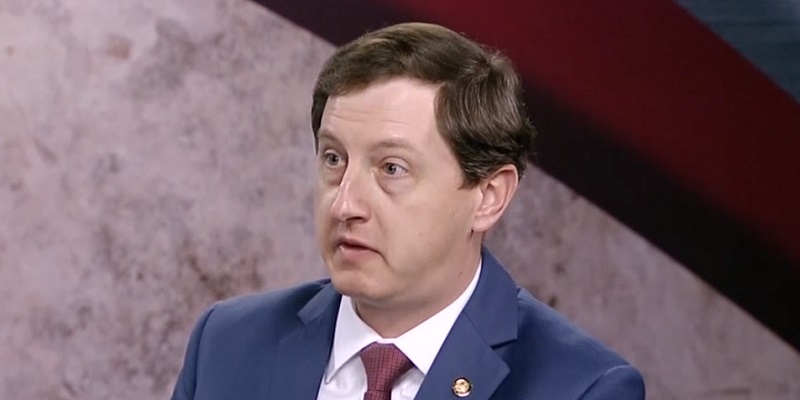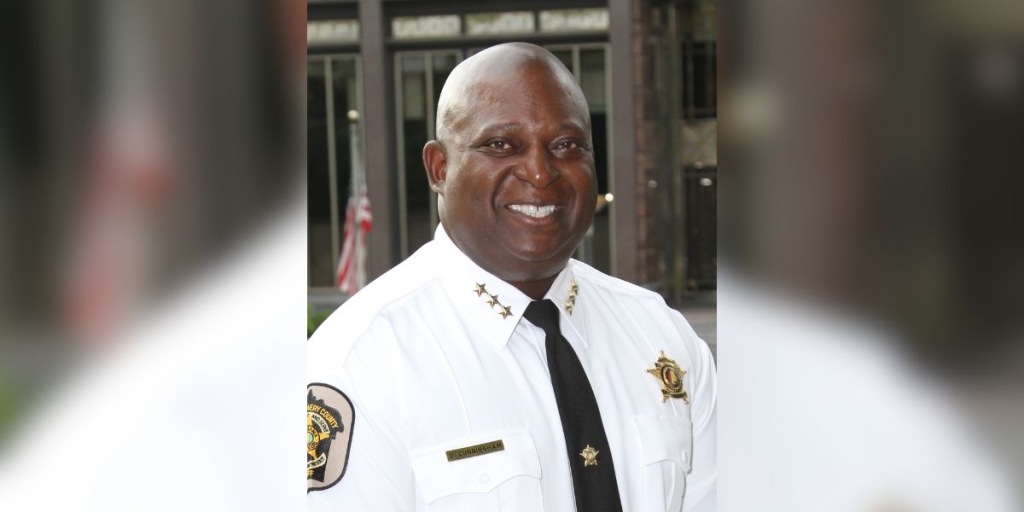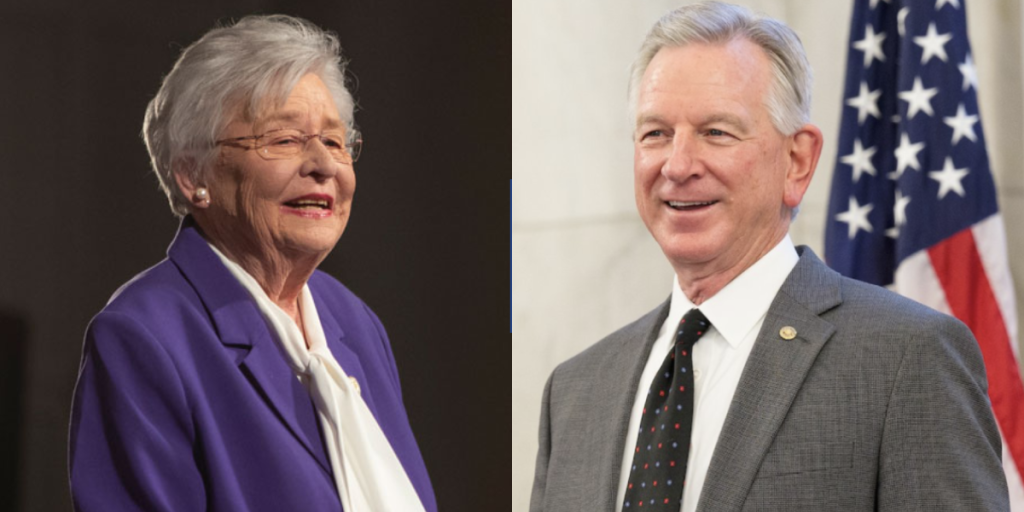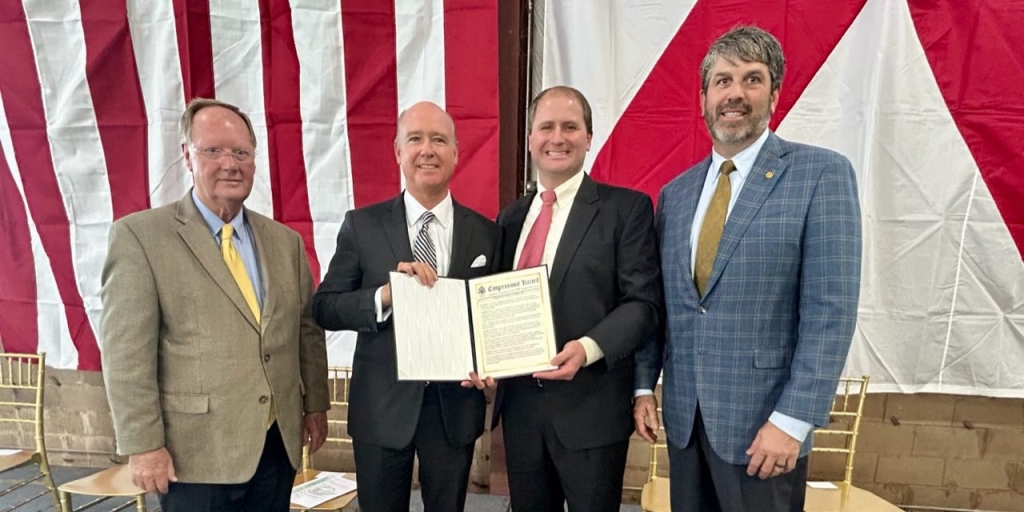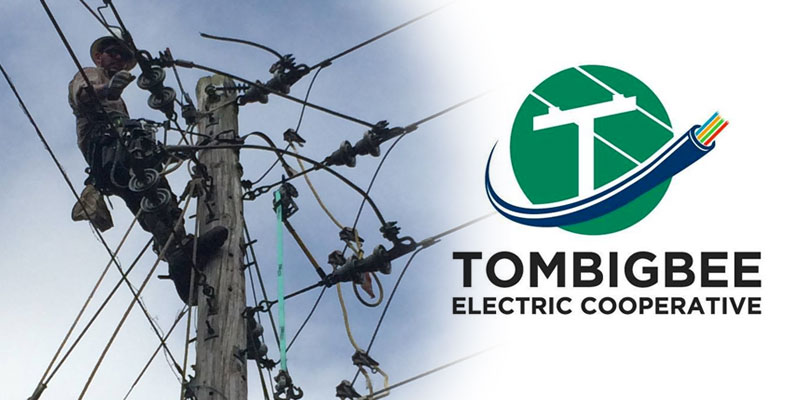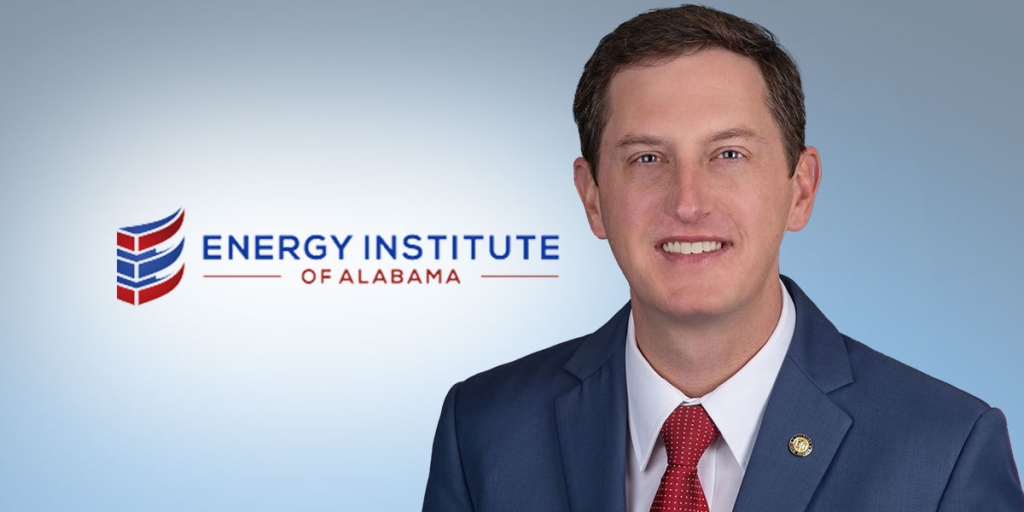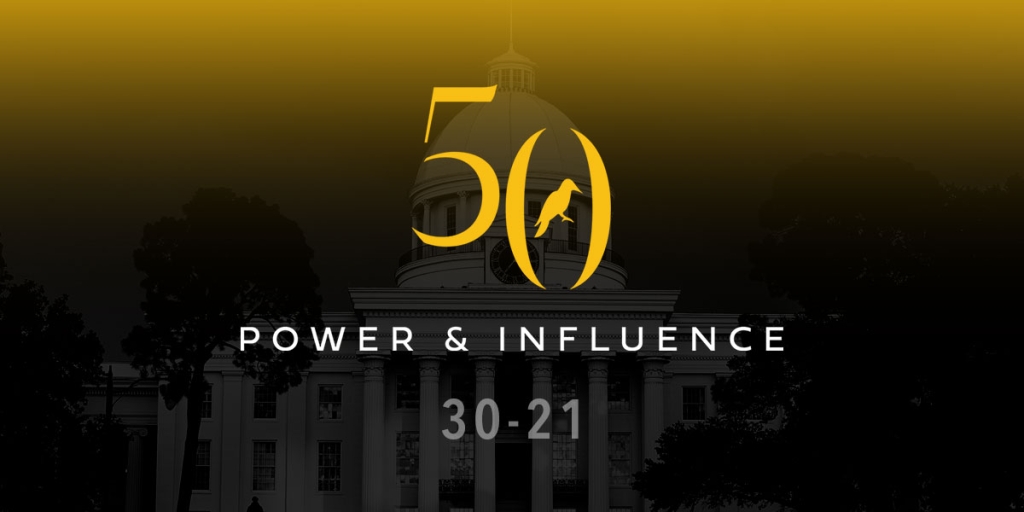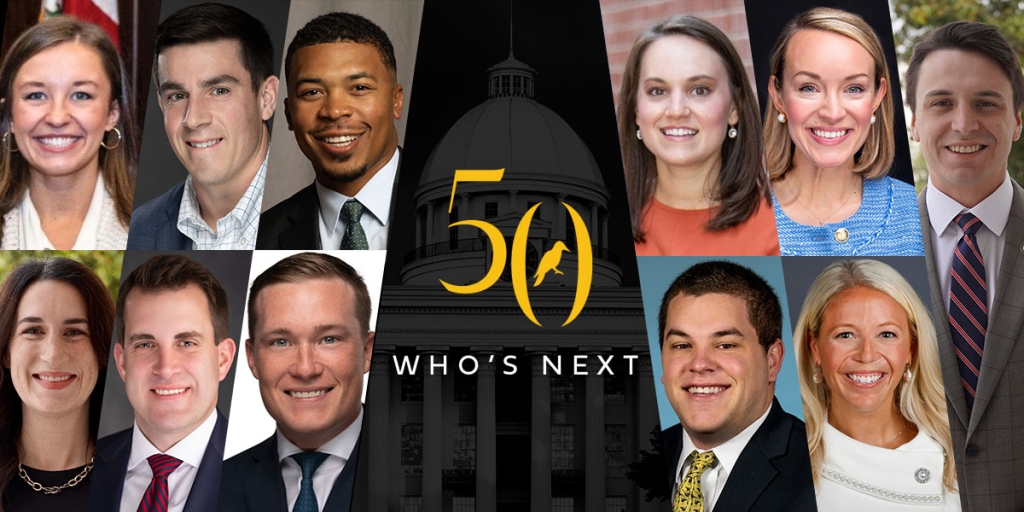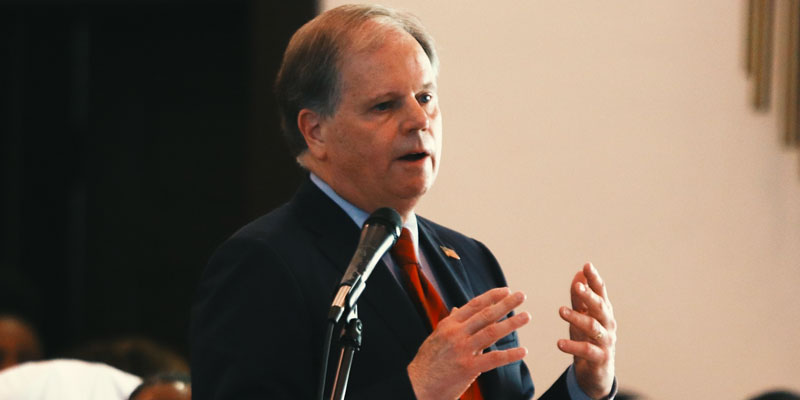With people away from work and school, and looking for alternative ways to remain productive through the coronavirus (COVID-19) pandemic, the urgent need for access to broadband internet is brought to light, according to State Sen. Clay Scofield (R-Guntersville).
Unfortunately for those in some parts of the state of Alabama, that is not an option as the economics do not make infrastructure for broadband internet feasible in their locations.
Scofield, a long-time advocate for broadband improvements in rural Alabama, explained during an interview with Huntsville radio’s WVNN how a lack of internet for some public school students had presented a challenge to educators as they seek solutions to make up for lost time during the pandemic’s shutdown.
“No question,” Scofield replied when asked about this being a time where internet access is desired on Tuesday’s broadcast of “The Jeff Poor Show.” “I don’t think anything else could have brought the issue more to light than this one — on something I’ve been jumping up and down, screaming about for a long, long time. And that is narrowing the digital divide in the state of Alabama. You know, roughly only almost one-fifth of the state doesn’t have access to high-speed internet. And you know, that really — those areas of the state are making it difficult to make a decision on what our students are going to do for the rest of the school year, just in case they can’t go back to school.”
“[W]e have got to treat broadband like we do power and water in the 21st century,” he added. “This is proof positive of how we need to address that.”
Scofield likened the void to not having other utilities in a time of crisis and argued the internet was an essential tool in the modern Alabama economy.
“For folks that have internet, sometimes you take it for granted,” Scofield said. “You only have to imagine if through this crisis, or just in reality you didn’t have power or water — obviously those things are necessary for basic living. But in order to maintain this economy as best we can, we have to have connectivity. At the state [level], luckily, we have been engaging in that. But this is only our second year of grants. If these grants went through, we would be looking potentially servicing another 86,000 units in Alabama.”
A unit can be a business, school, household, hospital or library, according to the Marshall County Republican legislator, which would have a considerable impact.
Scofield also applauded efforts from U.S. Rep. Robert Aderholt (R-Haleyville), who last week announced he had requested emergency funding for rural broadband.
He added that the hope was not to provide free internet but instead to get private companies to invest in the infrastructure required to make it available, which may include government incentives.
“It’s essentially a business decision,” he added. “It’s economics — the reason why companies aren’t serving those areas. It’s sparsely populated. The infrastructure is very costly to build and maintain. It literally comes down to a business decision by them.”
@Jeff_Poor is a graduate of Auburn University, the editor of Breitbart TV, a columnist for Mobile’s Lagniappe Weekly and host of Huntsville’s “The Jeff Poor Show” from 2-5 p.m. on WVNN.




